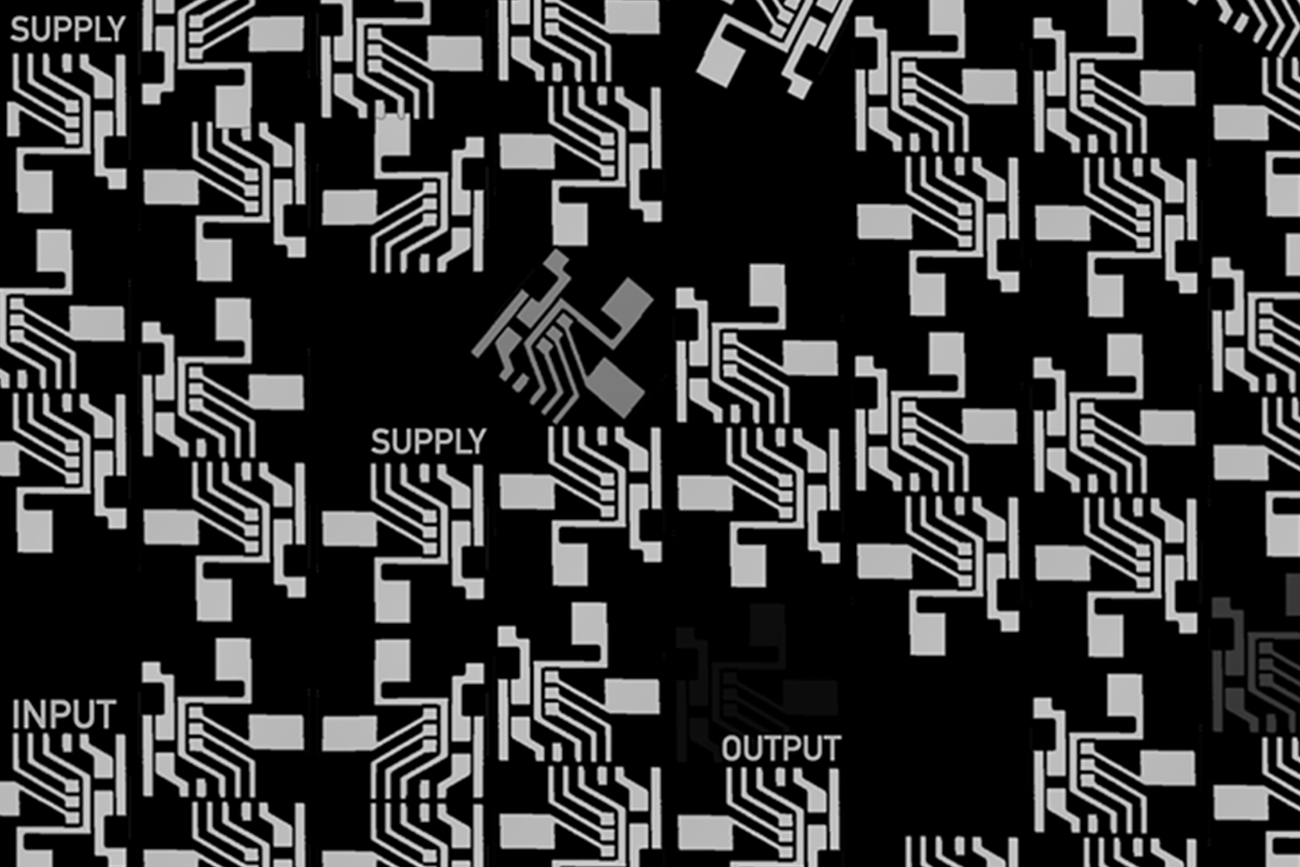These are collective resources (data, documents, etc.) for the Supply Studies Research Network.
The repository archives materials such as:
- Data - Collections of datasets relevant to the critical study of logistics. This includes listings of things like container ports, intermodal facilities, reports of labor unreest cases, energy use, or social and environmental impact, and more.
- Supplier Reports - Archives of supplier responsibility reports and similar sorts of documents published by companies, governments, and NGOs. This includes reports from companies like Adidas, Apple, Dell, Gap, HP, Hasbro, Intel, Lego, Nestle, Primark, Samsung, and Disney
- Tools - Copies of published materials, software tools, and other miscellaneous resources for the critical study of logistics.
The network wiki includes detailed references and summaries of:
- Data Sources - A wiki of potential data sources and how to use them. This includes an overview of general kinds of resources like press releases and sustainability reports, as well as descriptions of sites that provide access to things like trade and customs records, martine traffic, mines or other sites of extraction, environmental data, or corporate data.
- Software, Platforms, and Tools - Descriptions of web or software tools relevant to the critical study of logistics. This includes general tools, as well as tools that overlap with professional logistics practice, as well as tools that are almost exclusively used by industry.
The network is intended for anyone studying the global movement of goods, knowledge, or labor. This includes independent scholars, faculty, graduate students, journalists, NGO workers, activists, and practitioners (broadly understood). Their work might address the social and environmental impacts of supply chains, representations of the logistical imagination, or histories and futures of trade, supply, and assembly. It programs events, hosts a mailing list, provides a researcher directory, and maintains a collection of shared resources.
Areas of research include (but are not limited to):
- Historic trade networks, such as the ivory trade or transatlantic slave trade; and historic supply chains, such as for mass-produced goods like sewing machines.
- Contemporary trade networks, such as for mineral distribution; and contemporary supply chains, such as for mass-produced goods like mobile phones and laptops.
- Accounts of the movement of artifactual objects (paintings, sculptures, etc.); follow-the-thing narratives for studying products (fair-trade coffees, donated blood, drugs, etc.); or research into commodity circulation (money, oil, wheat, etc.) within larger logistical networks.
- The production of narratives of fictional / imagined logistical networks in film, television, and literature.
- Ethnographic inquries into the movements of humans within larger logistical networks.
- Logistical infrastructures, such as warehouses, ports, and factories, especially emphasizing the global peripheries of logistics space.
- Digital supply chains, such as those for the assembly and distribution of digital goods such as software or AI systems, or for media products such as music and television.
- Accounts of logistical software systems, supply chain management infrastructure, or other coordination technologies and tools (from truck stops to GPS).
- Critical accounts of the technologies of worker surveillance, the securitization of global trade, and automation and artificial intelligence across the supply chain.
- Techniques for assessing the impacts of logistical processes.
- Movements of non-human actors emphasizing environmental / ecological impact.
- Alternative, insurgent, and queer logistical structures and systems.
